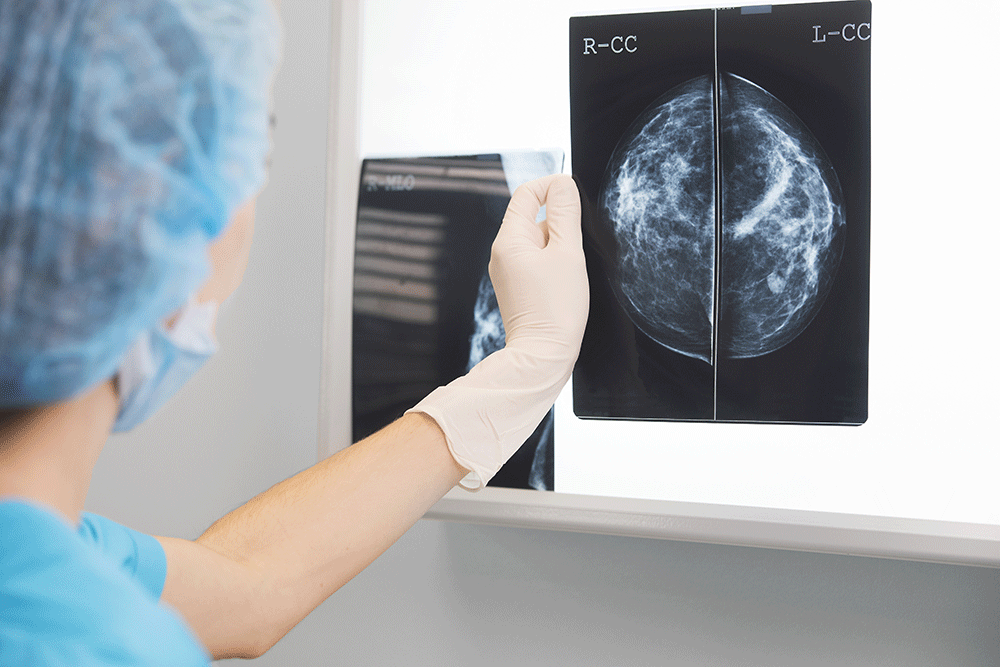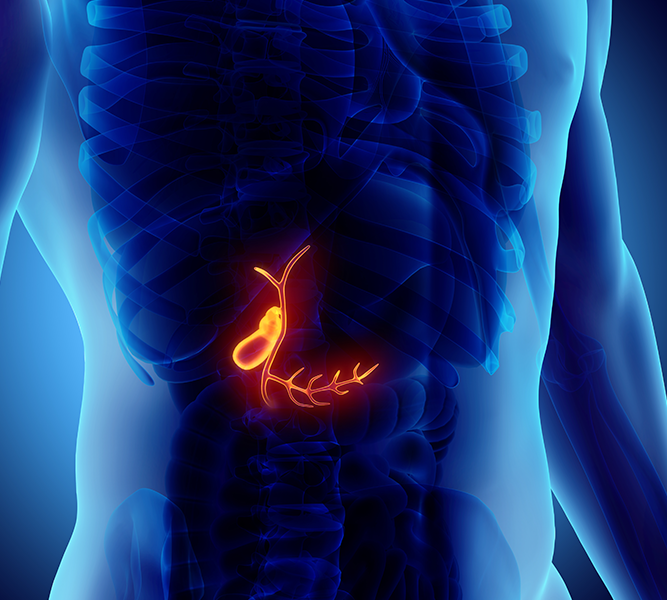
Written by:
Morton G. Kahan, M.D.
Newton-Wellesley Surgeons, Inc.
What you need to know about breast cancer treatment in Boston, MA.
The diagnosis of breast cancer is not what it used to be. Great advances in diagnostic procedures and therapies have transformed this previous scourge into a treatable illness.
Improved imaging allows earlier diagnosis when the tumor is small and has not yet advanced through the breast or beyond into lymph nodes and other organs. Breast cancer surgery, which is the primary therapy, is more effective and less deforming and more likely successful with earlier diagnosis. Surgery not only serves to remove the disease, but also gives information about the potential for spread beyond the breast by allowing advanced pathological and biochemical studies of the actual removed tumor.
A typical day of surgery begins with check in at the pre-operating room and then to the radiology suite where a wire is placed under local anesthesia to localize accurately the place of the tumor in the breast. Often during surgery to remove the tumor, the lymph glands (nodes) in the axilla are sampled to determine if the tumor has spread from the breast. To facilitate this procedure the breast is injected with a material which tracks to the nodes and can be identified with staining or radioactivity to determine which nodes to remove. Patients then go to the operating room for the surgery under general anesthesia or sedation.
During the operation surgeons remove the tumor and the normal tissue around the tumor, referred to as the margin, to be certain the entire area of the tumor is removed and making it unlikely that it will recur. At the same time, lymph nodes may be removed to determine if the tumor has spread outside the breast. If it has spread, then more nodes are removed in an attempt to eliminate as much of the disease as possible. Sometimes the tumor extends throughout the breast and mastectomy, removal of the breast, is required to eliminate the disease. Occasionally, it is determined after the operation, when the pathologist examines the specimen under the microscope, that the tumor extends to the margin and then another smaller procedure is required to remove a bit more of the breast tissue, so-called re-excision.
Breast surgery is generally easily tolerated because it is near the surface and does not interfere with most activities. When patients arrive home, there is some discomfort, usually managed with over-the-counter pain medications and activities such as eating and walking and caring for oneself are not affected. Within days, patients resume most of their usual routine.
Although the appearance of the breast can be changed by the surgery, the amount of tissue removed depends on the size of the tumor which is determined by its growth rate and the timing of the diagnosis, with regular screening allowing earlier diagnosis. Sometimes the amount of tissue removed is as small as a grape, other times an egg or occasionally more. Generally, modern surgical techniques make plastic surgery unnecessary, but sometimes plastic reconstruction is also helpful. If mastectomy is required, the reconstruction usually takes place at the same time as the tumor surgery.
Following recovery from the surgery, other breast cancer treatment such as radiation, chemotherapy or hormone therapy may be recommended to complete the elimination of the disease and help prevent recurrence. The need for these treatments depends on the extent and the nature of the tumor as determined by studies on the tissue removed at surgery.
Receiving the diagnosis of breast cancer is a painful and challenging experience. However, the advances in treating this disease have greatly enhanced the lives of these patients.
Dr. Morton G. Kahan‘s expertise and interest center around breast surgery, hernia surgery, and gallbladder surgery. He’s a member of multiple professional organizations including New England Surgical Society, and completed his studies at Harvard and Princeton.
Testimonials
“This practice goes above and beyond in their care for their patients. Dr. Kahan, Dr Gryska specifically – are truly amazing! Will recommend this practice hands down for anything from veins to gallbladders.”


